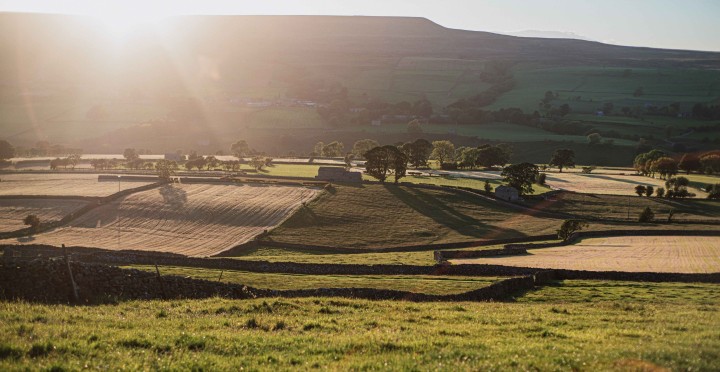On 31 Jan 2025, Defra launched details of the new Land Use Framework (LUF) for England, kickstarting a 12-week period of active consultation with farmers and wider stakeholders, before releasing the final LUF later in 2025. This briefing will explain what the LUF is, what it seeks to achieve, and how farmers can - and should - feed in.
What is the Land Use Framework?
The LUF, as described by Defra, will set out a vision for land use in England, and act as a tool to drive better decision-making on how land is used and managed, by farmers and landowners right through to local authorities and developers. It is not described as a framework that will impose land use change. Rather, it aims to bring together the best and most relevant information to inform decisions about how land is used, including land use change where appropriate, in order to maximise win-wins and avoid/mitigate competing demands on land in certain areas.
Why is it needed?
We have limited land available with multiple demands being placed upon it - from house-building and food production to legally binding nature and climate targets. To date, the approach to deciding what happens where, and how, can be generously described as ‘not very joined up’. Siloed thinking about land use, which focuses on single objectives, has dominated the approach to land use in England and is both hugely inefficient and generally drives poor outcomes (think conifer plantations on deep peat or houses built on flood plains). A framework which supports better decision-making, bringing in all relevant data and stakeholders, is therefore much needed and long overdue.



